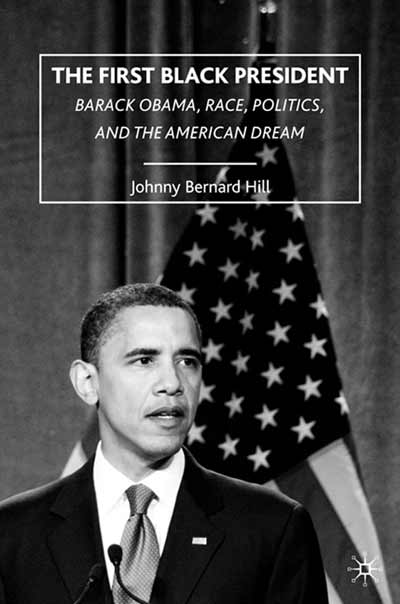The Hafu Nation: Five VoicesPosted in Articles, Asian Diaspora, Biography, Media Archive, United States on 2015-05-07 20:13Z by Steven |
Tokyo Weekender: Japan’s Premier English Magazine
2015-05-03

Velina Hasu Houston (Photo by Ken Matsui)
Four members of the “Hafu Nation” share their experiences of living life from (at least) two perspectives.
Ariana Miyamoto has proven that beauty is not merely skin deep. Although some of her detractors criticized her for not being ethnically pure enough to represent Japan in this year’s Miss Universe pageant, many more supporters see her selection as an opportunity to address what role that mixed race individuals will play in the future of Japan. One work that has brought this question to movie audiences around the world is the documentary “Hafu” (the most common word used to describe Japanese people of mixed race). We reached out to one of the directors of the film, Megumi Nishikura, who put us in touch with several members of the local and international hafu community, who shared their views about Miyamoto’s selection, as well as their own experiences of multiethnicity inside and outside of Japan…
…Velina Hasu Houston: A playwright and professor at USC who holds an MFA and PhD, and has explored the U.S.-Japan relationship through drama, fiction, essays, and film, among other forms.
“If Ms. Miyamoto were part white instead of part African American, there might be less brouhaha and discourse about her being named to represent Japan in the Miss Universe pageant. For example, recently Ms. Saira Kunikida, who is Japanese and Italian, was selected by Isetan to represent and be “the perfect symbol” (in the words of Fashion Headline Japan) of its “This is Japan” motto.
“Because Japan thinks of itself as a racially homogeneous and racially pure society, anybody that does not appear to be conventionally Japanese faces myriad issues of prejudgment and, at the very worse, discrimination in Japanese society. Sometimes this is positive in that Japanese citizens may be curious about someone who looks different, especially if that person appears to have some Asian traits. […] But more often than not being hafu in Japanese society can be trying. Japanese citizens stare at hafu constantly—on trains, walking down the street, in stores, and so on. It gets tiring always feeling as though you are being watched. You also may be racially profiled. If Japanese citizens perceive you to be of a certain race or national origin, they may behave differently toward you, thinking that you may act in a way that is to their detriment. These types of encounters are frustrating for hafu because our blood is Japanese as much as it is whatever else we are…
Read the entire article here.
